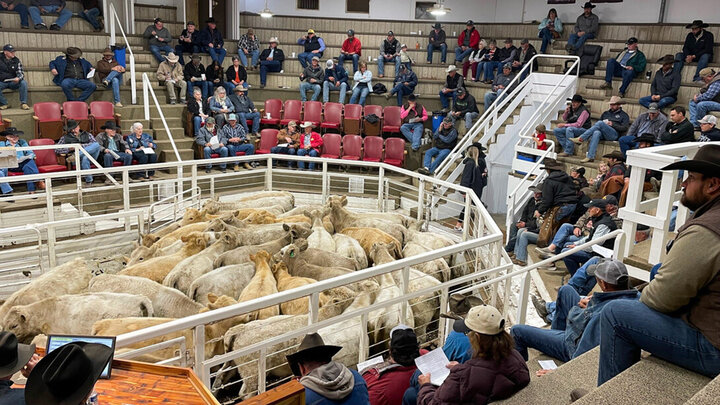Established, written and visible farm policies regarding employees and family labor can lessen confusion and on-the-spot decision making. Confusion over farm business policies can create undo stress on employees, supervisors and proprietors. A farm business mission statement often includes a statement on how employees are regarded and valued. Farm business policies should articulate how that looks in practice. A few examples that I have witnessed, or heard of, demonstrate the importance of having farm policies in place:
- Jeff manages a farming operation for an absentee owner. The farm is 50 miles away from the nearest hardware store and implement dealer. Whenever Jeff needs a tractor part, or other farm supplies, he just asks his wife to pick the supplies up while she is making a personal trip into town. He figures they are saving on his work time and the wear and tear on the farm truck, so he feels justified in filling his wife’s vehicle with gas from the farm pump to compensate them for the trip. The owner notices this reduction in the farm fuel and an argument ensues that leads to Jeff quitting. Should there have been a stated farm business policy on using personal vehicles for farm use and/or using farm vehicles for personal use?
- Jimmy and his new bride June returned to Jimmy’s family farm after he graduated from college. June started to complain that Jimmy was stuck caring for the livestock on more weekends and holidays than his older brother was. She was also concerned that they were living in a trailer house while his parents, older brother and a hired hand were in homes. These issues lead to discord in their marriage and family relationships. Should there have been a written farm business policy on working weekends and holidays? Should there be an expressed farm business policy on how housing is allocated or reimbursed if living off the farm?
- When Steve took a job as a hired hand on a ranch, little was said about an annual leave policy. He had always enjoyed deer hunting with his family and hoped to be able to continue to do so. When he asked for time off that fall, he was told they did not really have a leave policy, but that when things slowed down during the winter is when everyone tried to get away for a few days, and that fall was too busy of a time to take off. Needless to say, Steve did not turn out to be the long-term employee his boss hoped he would be. Should there be a written farm business policy on annual leave?
- When Carol took a position with a well-known farming operation as an agronomist, she was given a salary she figured was a bit below market, but she was told she also would be compensated through a profit-sharing program. When she inquired what that meant, she was just told that they would treat her fairly. The first two years she was employed, she was told that commodity prices were low, and the farm was in the red. The third year she thought commodity prices were high enough that she would be receiving a nice bonus but was disappointed that the profit sharing was not what she had hoped. When she questioned the other employees about it, she found out the other employees did not have a profit-sharing agreement, which created jealously among the employees. Should there be a specified farm business policy on salary structure, raises, bonuses and/or profit sharing?
- Susan worked for a farming operation during her summer breaks and was paid an hourly wage. She was responsible for writing her daily hours worked on a calendar in the office. One day the manager asked her if she would like to attend the upcoming Extension field day at a nearby experiment station. She excitedly said yes. The manager was upset when Susan wrote 8-hours worked on the calendar for the day she spent attending the field day. Should there be a written farm business policy on professional development leave?
Traditionally, agricultural operations have not seen the need for developing operating policies for employees, regardless of whether or not the employees are family. Developing farm policies can be a time-consuming and frustrating exercise. Sometimes we are not sure how affairs will materialize, so we just leave decisions and policies to chance, which lends itself to policies that are inconsistent, which can lead to anxiety and unequal treatment. Moreover, just because the policies are in your mind does not mean family members or employees understand or have access to them. Given the complexity and size of most farm operations, and the difficulty in finding and keeping good farm labor, a complete set of farm policies are becoming a necessity.
If you do not have a written set of farm business policies, perhaps you can begin with creating a few farm business policies for issues that have occurred in the past. Be sure you consider farm business policies to be dynamic—just because they are written, does not mean they cannot be modified. The important thing is that you begin to develop a set of farm policies that everyone involved in management can agree on, and then continually add to the list as circumstances arise or situations are anticipated. Clearly defined and easily accessible business policies will not only increase job satisfaction and alleviate confusion, but will increase teamwork in your farm business.




